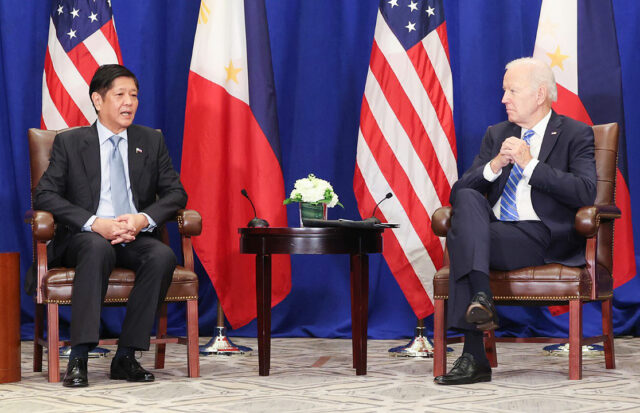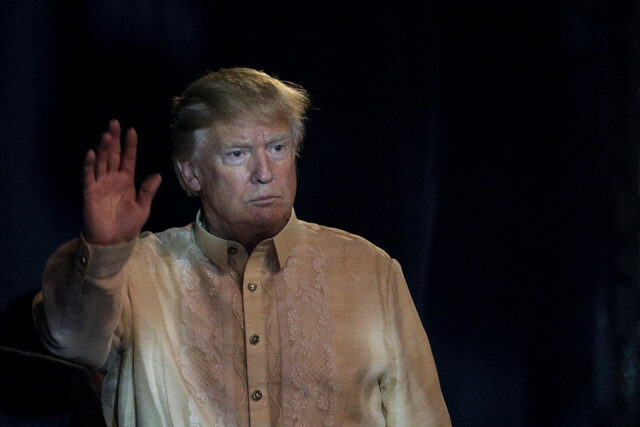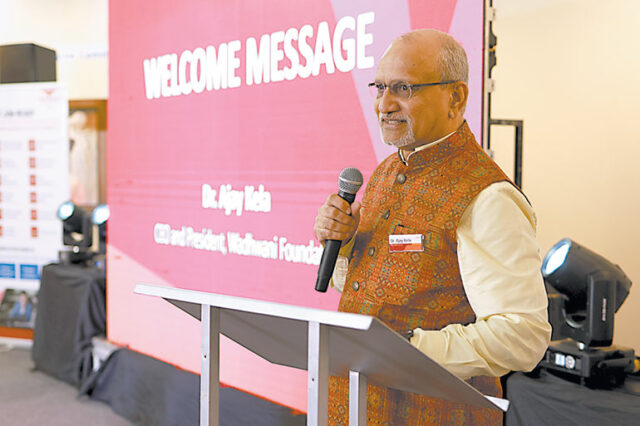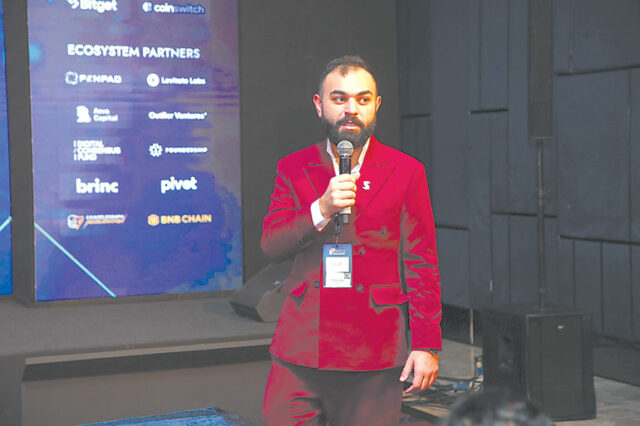How one California man tried saving his block from wildfire

ALTADENA, California – Flames were licking his fence, he was choking on smoke, and bullets were whizzing by his leg. Despite it all, Tristin Perez never left his Altadena home during the deadly Eaton fire.
The 34-year-old carpenter felt he had no choice but to stay despite the life-threatening conditions. A police officer told him and his neighbors to evacuate early on Wednesday morning as the fire raced down the hillside above them.
Instead, Perez insisted on trying to save his property and his neighbors’ homes along El Molino Avenue. But he didn’t even have a garden hose. He ripped the filters from two water pitchers and doused the ground, his wooden fence and every ember he could reach.
“Your front yard is on fire, palm trees lit up – it looked like something out of a movie,” Perez told Reuters in an interview in his driveway. “I did everything I could to stop the line and save my house, help save their houses.”
His one-story yellow duplex survived. So did two more homes next door. Across the street, entire houses burned to the ground. A single brick chimney stood alone in the wreckage.
“When you look across the street… If I wasn’t here, that is what would have happened,” he said. “I felt so bad for them. It’s absolutely awful.”
Perez mourned the losses here. He moved to Altadena three years ago and rented his two-bedroom unit. He fell in love with the tranquil and tight-knit community of about 40,000 people north of Los Angeles, where neighbors are friendly and look out for each other.
As of late Saturday, officials said the Eaton fire was 15% contained, and that the fire threat remains high across the Los Angeles area. Overall, six simultaneous blazes that have ripped across Los Angeles County neighborhoods since Tuesday have killed at least 16 people and damaged or destroyed 12,000 structures.
Eleven of them were killed in the Eaton fire here. The death toll is expected to grow when firefighters are able to conduct house-to-house searches.
In Altadena, fire crews were walking house to house with shovels, looking for hot spots that were still burning. Sheriff’s deputies patrolled the streets and blocked residents from returning to their homes at checkpoints.
FAST-MOVING FLAMES
Perez provided a harrowing account of how the Eaton fire rapidly intensified early on Wednesday. The first indication something was wrong came on Tuesday evening. His neighbors were outside staring at a faint glow far in the distance.
“To be honest, I didn’t really consider it too much of a threat just because it was way out there,” he said.
Then the winds began to howl and blow toward them. The fire was coming right at them at alarming speed. “It looked like it was sprinting down a football field. It was flying,” Perez said.
Then he and his neighbors lost sight of the flames. Perez said that was the most nerve-wracking part of the night.
That soon changed. Looking up his street 200 yards away, entire homes and businesses were engulfed in flames. Perez told his neighbors to leave. “I was willing to go to the end. I saw the firefighters, everybody was already shorthanded, so I wanted to do my part,” he said.
Fire and law enforcement officials discourage people from staying at their homes during wildfires because it can put residents and first responders in danger.
But Perez felt he had a shot to fight off the flames because there was an empty, mostly dirt lot between him and the advancing fire. The downside was that his neighbors on the north side also stored boxes of ammunition on their property.
Soon explosions began erupting. Breathing became unbearable. Perez felt something whiz past his leg while standing in his yard. The fire had ignited the bullets stored next door, posing fresh danger.
“Bullets flying, gas tanks exploding, embers raining down, you can’t see anything,” Perez said.
He kept dousing his property for hours through the night. His home is still standing. Many others weren’t as fortunate as thousands of structures were destroyed around him.
‘HOW TO REBUILD’
Around the corner, Pablo Scarpellini stared at the burned ruins of his wife’s Spanish immersion preschool, Rayuela. The entire building had collapsed, and a small playground slide sat half-melted in the back.
“It’s devastating,” Scarpellini told Reuters. “But I’ve cried so much the last few days, now my vision is more of hope and trying to visualize how to rebuild it.”
He said his wife, Liliana Martinez, the preschool’s founder and director, was scrambling to find an alternative for her 15 students. “We’re doing as much as we can to relocate the kids,” he said.
Perez, wearing a black tank top and shorts, swept tree limbs and brush out of his driveway on Saturday while the front corner of his yard smoldered. His white picket fence had melted in several spots. Two palm trees in his front yard bore black scars at the top.
Perez has no power or running water. Firefighters stationed at a nearby hardware store let him use their equipment to charge his phone so he could tell a few family members and friends that he had survived. A downed power line was draped across his street as utility workers surveyed the widespread damage.
While firefighters made progress containing the Eaton fire through the weekend, Perez said he is preparing for the threat to return if the winds shift.
“Lord forbid anything happens, I will be ready,” he said. Perez also plans to volunteer for the community cleanup in the months ahead to help local restaurants and businesses reopen.
“This isn’t the end of Altadena. This is just turning the next chapter.” — Reuters












